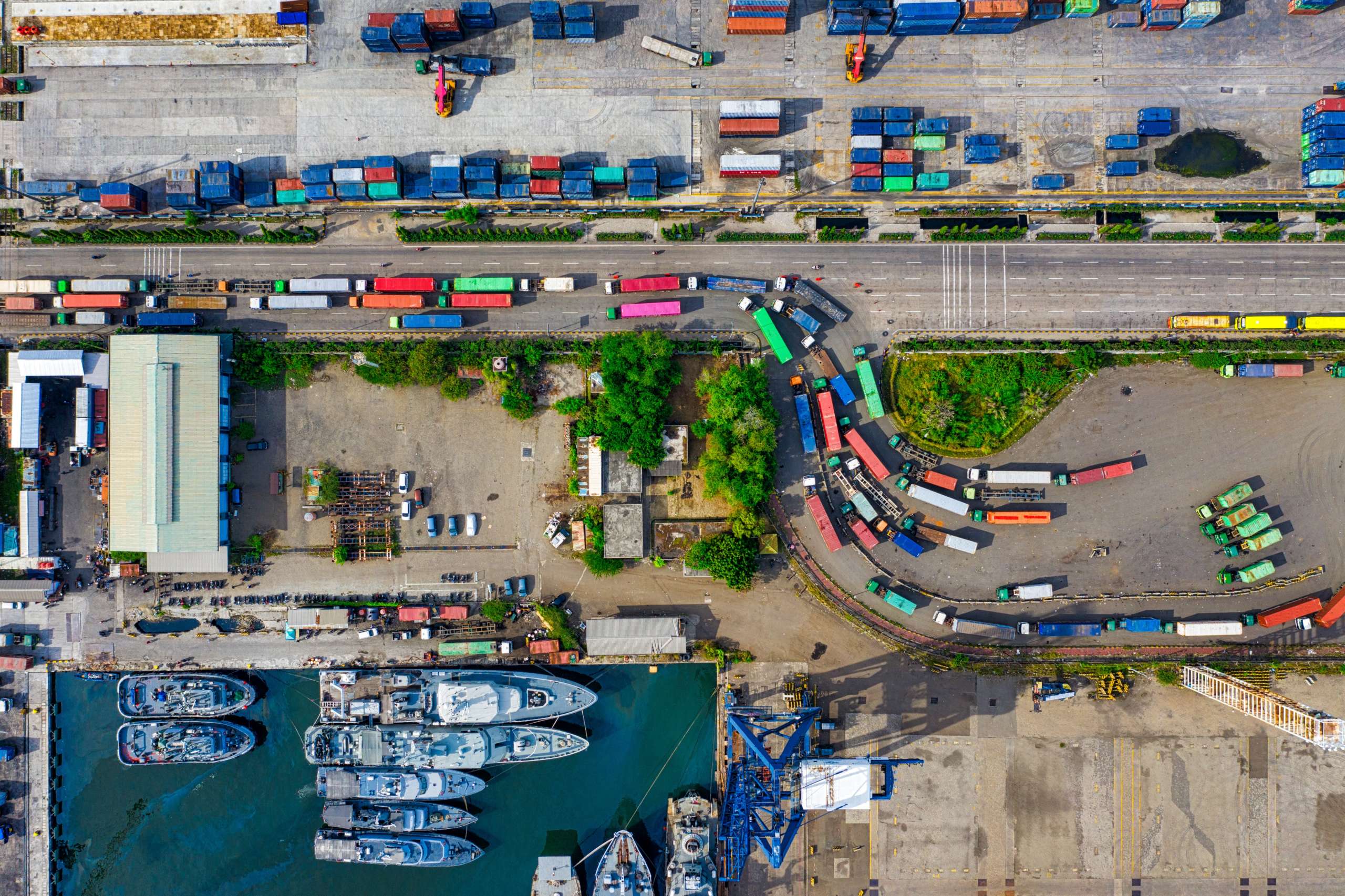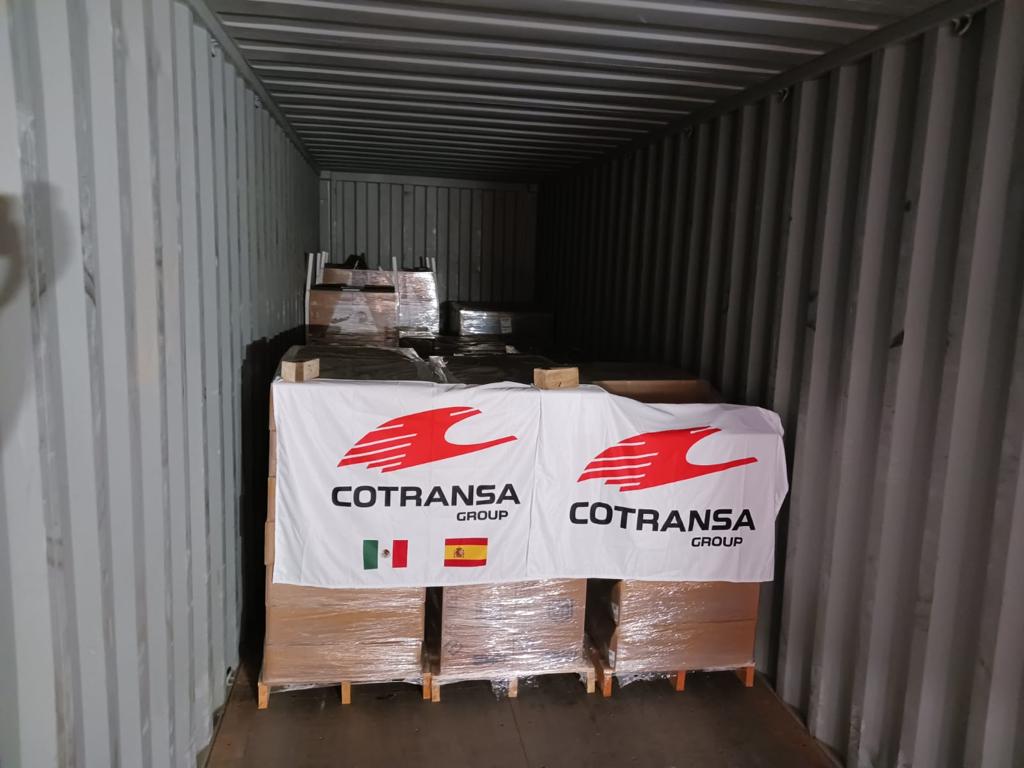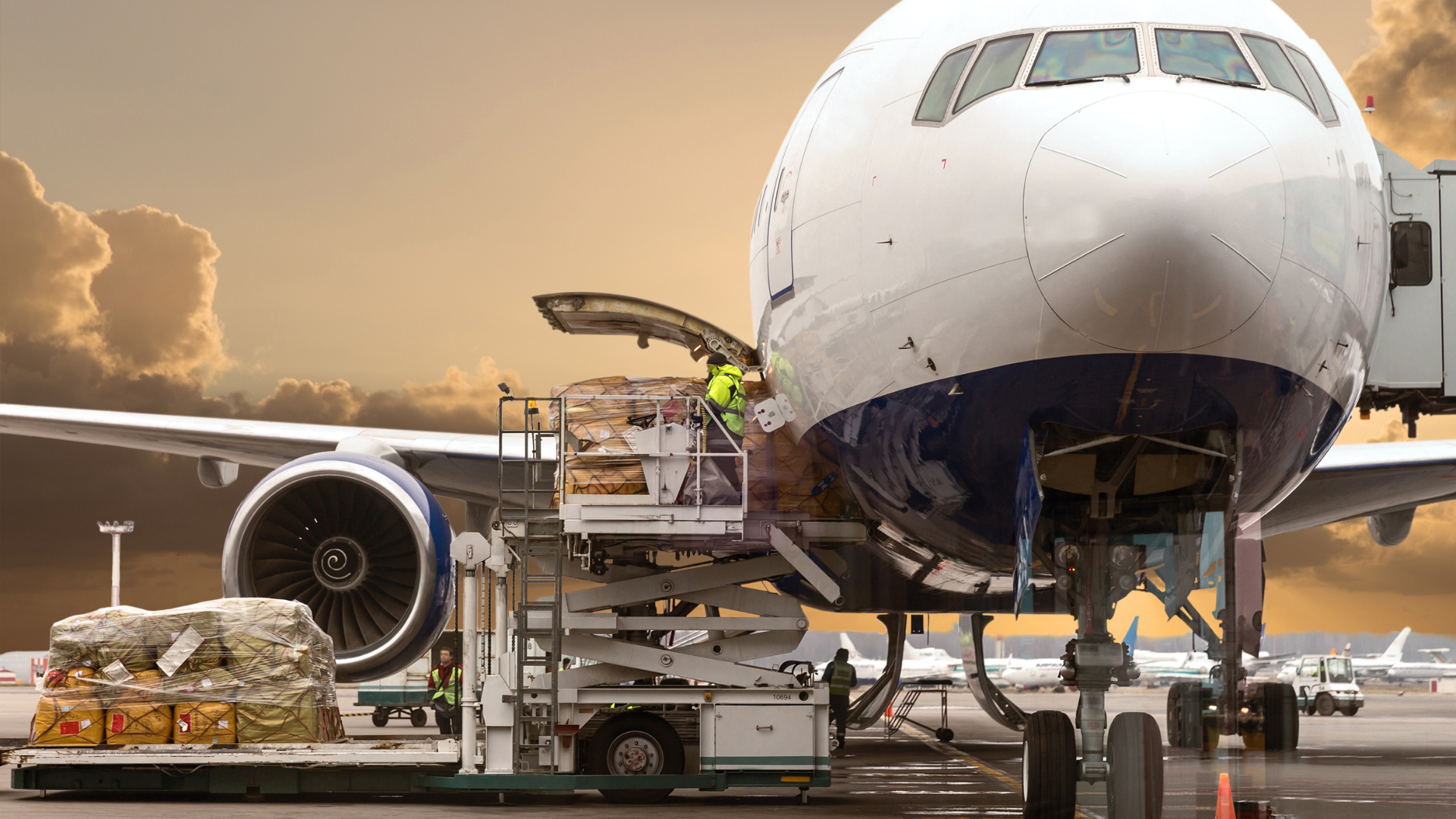New RoHS and RAEE controls and inspections
This 2023 begins with new controls to the import and implementation of the inspections RoHS – Restriction of Hazardous Substances – and WEEE – Waste of Electrical and Electronic Equipment -. The presence of environmental protection requirements is increasingly present in all areas surrounding the supply chain.
In the area of customs, the incorporation of control and security systems is increasing. We can see this with these new inspections focused on the import of goods. The globalization of the market and logistics activity is represented by an increase in the acquisition of products from external markets. In the Monthly Report on Foreign Trade of November 2022, the Ministry of Industry, Trade and Tourism, it is noted that Spanish imports increased 17.9% more than the data of the previous year.
At EUR 40,693.4 million, Spanish imports have a growing weight, which translates into a substantial increase in their activity. In order to be able to carry a better control of the processes given in this management the presence of new regulations is in continuous development.
Applicable legislation
On the ministry’s own website, you can find the legislation that allows these new requirements to arrive.
The Royal Decree 219/2013 – focused on the restrictions on the use of specific hazardous substances in electrical and electronic appliances –; the Royal decree 110/2015 – which deals with waste of electric and electronic apparatus –; and finally the Royal Order 106/2008 applied to the treatment of batteries and accumulators and the environmental management of their waste.
From these, the SOIVRE Inspection Service has the authority to control these types of goods. The pre-import inspection will focus on a number of factors.
How does it affect the goods?
These controls and restrictions affect:
- Hazardous substances in electrical and electronic appliances. (Control ROHS)
- Electrical and electronic appliances (Control RAEE)
This implies that batteries as well as ink cartridges, batteries and accumulators will be affected by these new inspections. With regard to the prior checks, they will focus on securing two issues.
On the one hand, that the materials – whether electrical, electronic, batteries, battery or accumulators – comply with the restrictions and regulations in force in the country concerning the hazardous substances used in the manufacture of these products.
Secondly, the companies distributing and selling these goods themselves must comply with both the mandatory documentation and the regulations relating to the management of their waste in a sustainable manner.
What is the objective?
The need to make the world more sustainable is being reflected in legislation like this. The logistics and transport sectors are one of the most polluting sectors. This leads to the need for greater control over the production, management and distribution of the various goods. Customs-servicing companies should be alert to all new legislation and requirements that directly affect the scope of distribution.
In this context, we find the great need to carry out an efficient management of the waste generated in these processes. The concern is greater when we talk about electrical or electronic appliances and the hazardous substances they contain, which have a great impact on the environment and, in the long term, on citizens themselves. Ensuring that these goods are managed efficiently and safely is therefore essential in order to progressively approach the sector’s sustainability objectives.
To know all the updated information about this new regulation you can access the information on the ESTACICE Web.




